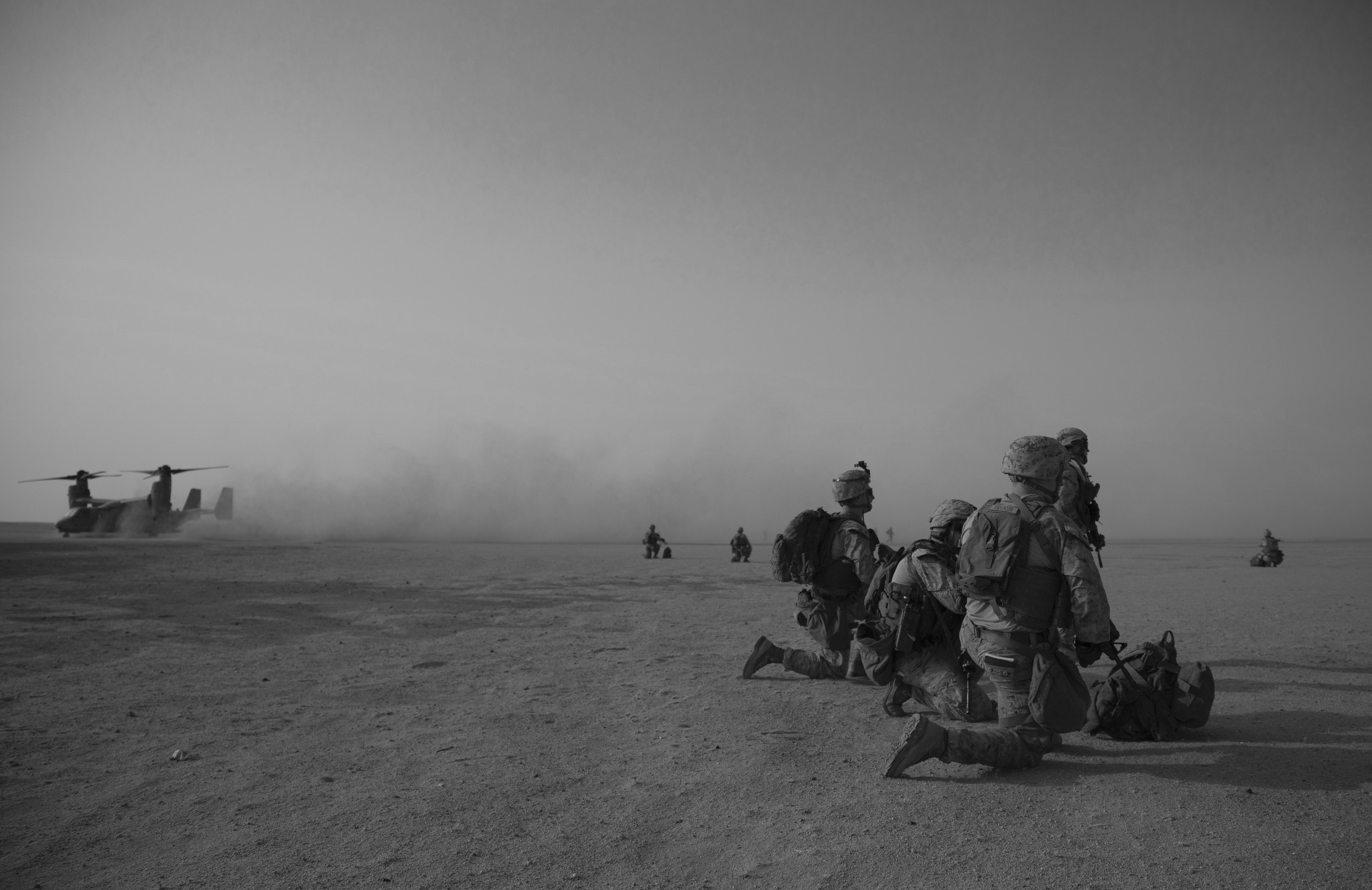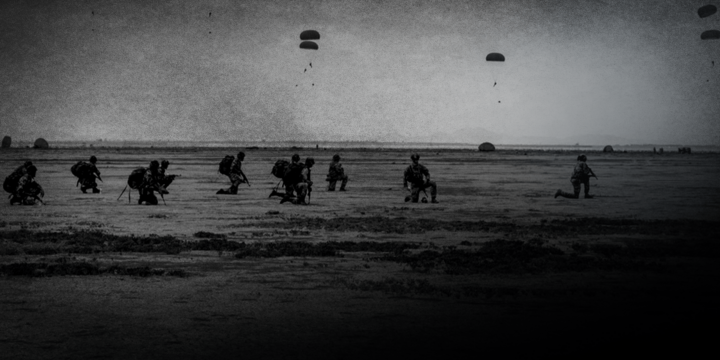
Past In-Person Event: Ground truth about ground wars
More than 18 years after 9/11, U.S. forces remain mired in Afghanistan and a host of lesser campaigns in the Greater Middle East.
The 2001 AUMF—which authorized U.S. military action to pursue and destroy those responsible for the attacks—has been used to justify military force in more than 40 countries, yet there are now more than four times as many Salafi-jihadist militants worldwide as there were when the global war on terror (GWOT) began.
Why has American power and wealth manifestly failed to defeat radical Islamic terrorism? What is the reality for American servicemen on the ground in Afghanistan, Syria, Iraq, and other theaters?
The failure of the GWOT invites a host of deeper questions about the U.S. and its military: Is there an alternate strategy to effectively counter terrorist threats without permanently deploying ground troops? What are attainable objectives—tactical, operational, and strategic—for necessary U.S. military expeditions? What damage is overextension from open-ended wars causing the U.S. military? What do our all-volunteer military and our willingness to go to war tell us about America’s social compact in 2019? How should ground truths about ground wars inform national security policy and congressional war-making powers?

